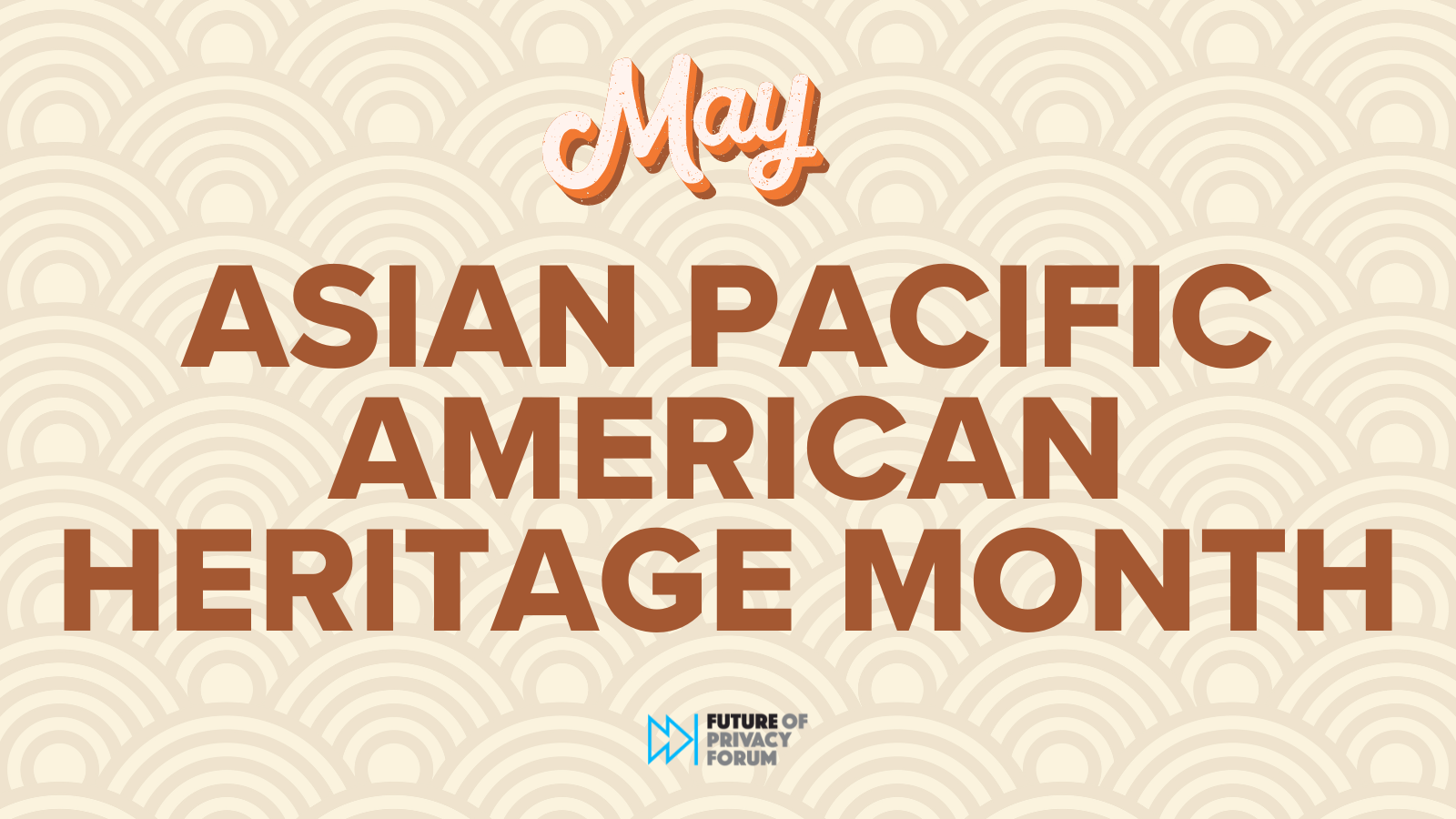
FPF Risk Framework for Body-Related Data FINAL Digital
DECEMBER 2023 RISK FRAMEWORK FOR B O DY- R E L AT E D DATA I N IMMERSIVE TECHNOLOGIES The Future of Privacy Forum (FPF) is a non-profit organization that serves as a catalyst for privacy leadership and scholarship, advancing principled data practices in support of emerging technologies. Learn more about FPF by visiting fpf.org. […]

FPF_DataRiskFramework_illo04
CONTEXT META DATALOCATION SOCIALMEDIA COMMUNICATIONS CAMERAS VIDEOPASSWORDS PHOTO CONTACTINFO Data is constantly generated across every aspect of our lives and our environment. The complexity of sources and types will continue to grow at an exponential rate, and as the variety of data produced expands, so will the types of data being used to support critical […]

Spectrum of AI Report
AUGUST 2021 The Spectrum of Artificial Intelligence Companion to the FPF AI Infographic UPDATED: JUNE 2023 * Updated in 2023 by: Brenda Leong, Partner, BNH.AI AUTHORED BY * Brenda Leong Senior Counsel & Director of Artificial Intelligence and Ethics Dr. Sara R. Jordan Senior Researcher, Artificial Intelligence and Ethics Artist: Dr. Lydia Kostopoulos Title: Luncheon […]

FPF-AIEcosystem-Report-Jun23-R4-Digital
AUGUST 2021 The Spectrum of Artificial Intelligence Companion to the FPF AI Infographic UPDATED: JUNE 2023 * Updated in 2023 by: Brenda Leong, Partner, BNH.AI AUTHORED BY * Brenda Leong Senior Counsel & Director of Artificial Intelligence and Ethics Dr. Sara R. Jordan Senior Researcher, Artificial Intelligence and Ethics Artist: Dr. Lydia Kostopoulos Title: Luncheon […]

We’re On to Oregon: Sixth State Privacy Law of 2023 Creates New Consumer Rights and Protections
On June 22nd, lawmakers in Salem passed SB 619, the Oregon Consumer Privacy Act (“OCPA”). If enacted by Governor Kotek, Oregon will become the eleventh U.S. state (and sixth in 2023) to adopt broad-based data privacy legislation governing the collection, use, and transfer of consumer data. The bulk of OCPA’s requirements will take effect on […]

Japan-APPI-Privacy-Notice-2023
Japan APPI Privacy Notice Japan APPI Privacy Notice supplements our General Privacy Policy that covers all FPF operations involving the collection, use, disclosure, and other processing of personal information including personal information of those who are in Japan : organizing events, managing relationships w ith our stakeholders and the public, and the use of our […]

During Asian Pacific American Heritage Month, a look at how better data can benefit AANHPI individuals and communities
May is Asian Pacific American Heritage Month (APAHM), a celebration of Asian Americans, Native Hawaiians, and Pacific Islanders (AANHPIs) in the United States. However, there are challenges that this rapidly growing racial group experiences, specifically regarding the collection and use of AANHPI data. In honor of APAHM, we are highlighting the gaps in research and […]

FPF-PrivacyMetricsReport-R10-Digital
PRIVACY METRICS REPORT MARCH 2022 Section Title The Future of Privacy Forum (FPF) is a non-profit organization that serves as a catalyst for privacy leadership and scholarship, advancing principled data practices in support of emerging technologies. Learn more about FPF by visiting fpf.org . AUTHORED BY Omer Tene Senior Fellow, Future of Privacy Forum Mary […]

Shining a Light on the Florida Digital Bill of Rights
On May 4, 2023, the Florida ‘Digital Bill of Rights’ (SB 262) cleared the state legislature and now heads to the desk of the Governor for signature. SB 262 bears many similarities to the Washington Privacy Act and its progeny (specifically the Texas Data Privacy and Security Act). However, SB 262 is unique given its […]

